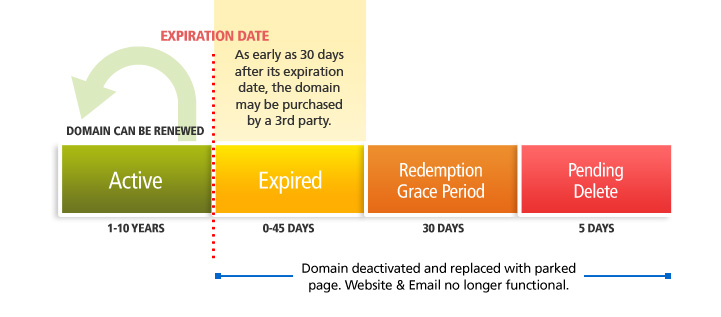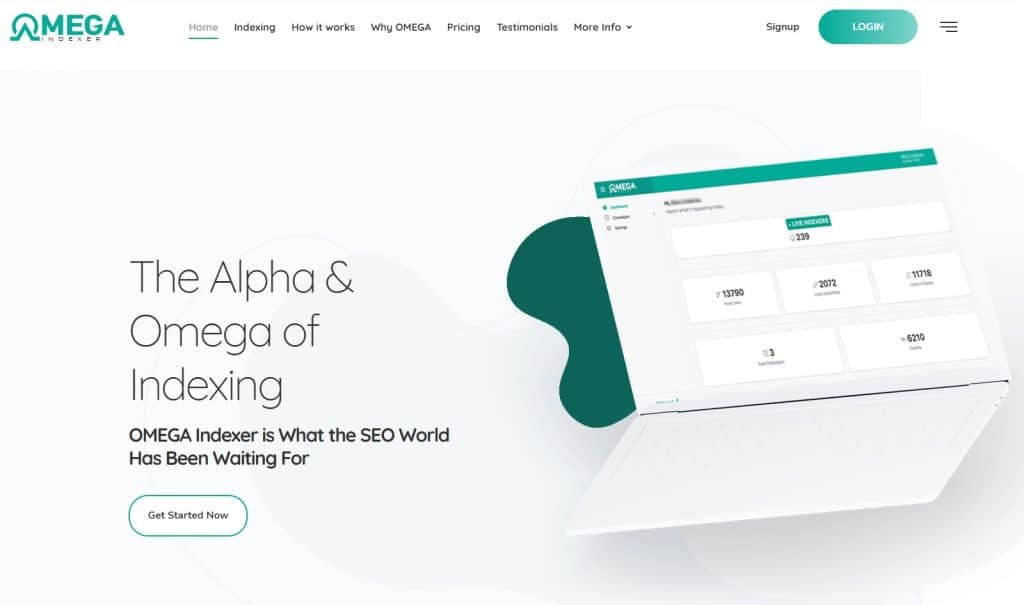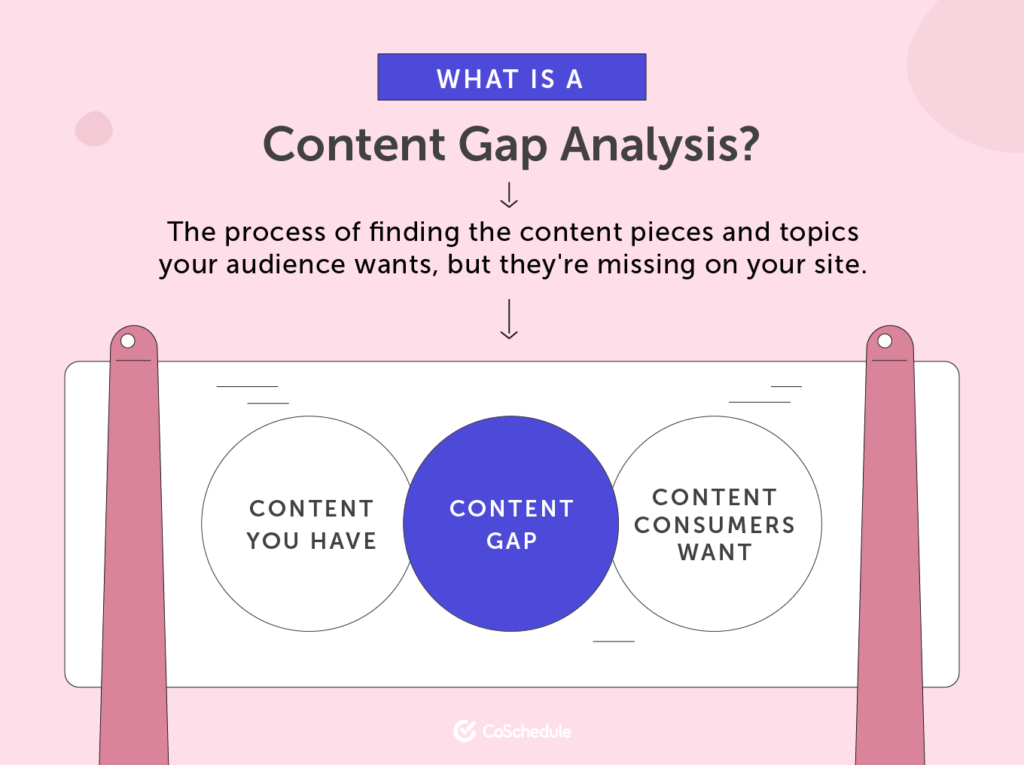There are several factors you should consider before buying an expired domain:
- The age of the domain: Older domains tend to have more authority and trust with search engines, which can be beneficial for SEO purposes. However, older domains may also have a long history that could potentially include negative factors, such as spammy links or past penalties.
- The domain’s history: It’s important to research the history of the domain to ensure that it hasn’t been used for unethical or illegal purposes. You can use tools such as the Wayback Machine to view the previous content on the domain and determine if it aligns with your goals.
- The domain’s link profile: A domain’s link profile refers to the number and quality of the links pointing to it. It’s a good idea to use a tool like Ahrefs or SEMrush to analyze the link profile of the domain to ensure it doesn’t have a large number of spammy or low-quality links.
- The domain’s traffic: If the domain has previously had a lot of traffic, it could potentially still have value. You can use tools like SimilarWeb or Ahrefs to check the traffic history of the domain.
- The cost of the domain: Finally, consider the cost of the domain and whether it’s a good value for the potential benefits it could bring. Keep in mind that purchasing an expired domain is a risk, and there’s no guarantee that it will bring any benefits.
Here are some important tips to keep in mind when purchasing an expired domain:
- Research the domain’s history: As mentioned earlier, it’s important to thoroughly research the history of the domain to ensure that it hasn’t been used for unethical or illegal purposes.
- Check the domain’s link profile: Use a tool like Ahrefs or SEMrush to analyze the link profile of the domain to ensure it doesn’t have a large number of spammy or low-quality links.
- Consider the domain’s age and traffic history: Older domains tend to have more authority and trust with search engines, but they may also have a long history that could potentially include negative factors. It’s also a good idea to check the traffic history of the domain to see if it has previously had a lot of traffic.
- Avoid domains with a history of penalties: If the domain has previously received a penalty from a search engine, it may be more difficult to rank well in search results.
- Don’t overpay for the domain: While it’s important to consider the potential value of the domain, it’s also important to avoid overpaying. Keep in mind that purchasing an expired domain is a risk, and there’s no guarantee that it will bring any benefits.

Here are a few blog resources that may be helpful for learning about expired domains:
- Moz: Moz has a comprehensive guide on expired domains that covers topics such as how to find and evaluate expired domains, the risks and benefits of purchasing an expired domain, and best practices for using expired domains.
- Ahrefs: Ahrefs has a blog post that covers the basics of expired domains, including how to find and evaluate them, as well as the potential benefits and risks of using them.
- Backlinko: Backlinko has a detailed guide on how to find and evaluate expired domains, including tips on using tools like Ahrefs and SEMrush to analyze link profiles and traffic history.
- ExpiredDomains.net ExpiredDomains.net is a tool for finding expired domains, and their blog includes a number of articles on topics such as how to find and evaluate expired domains, as well as tips for using expired domains for SEO and PBNs.
It’s important to keep in mind that purchasing an expired domain can be risky, and it’s a good idea to thoroughly research the history of the domain before making a purchase.

One of the Top SEO Consultants In Bangladesh. In 7 years of my career, I have worked with more than 80 brands & uncountable love from my SEO clients. To provide SEO service I have an in-house SEO team.




